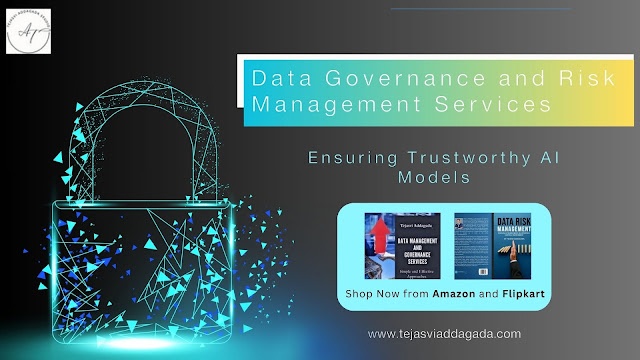How to Build an Effective Data Management Framework? | Tejasvi Addagada

What is a Data Management Framework and Why is it Important? In today’s digital-first world, data is more valuable than ever. But just collecting it isn’t enough. What you do with data and how you manage, protect, and leverage it, defines your success. This is where a data management framework comes in. A data management framework is a structured approach that governs how data is collected, stored, processed, shared, and secured. It’s not just for IT teams; it’s a strategic tool that drives decision making across the entire business. I learned this firsthand while working with my current organization (HDFC Bank) struggling with scattered and siloed data. Once we implemented a unified framework, the transformation was immediate better decisions, improved collaboration, and fewer errors. How Can a Data Management Framework Improve Efficiency? A well-designed data management framework simplifies data handling by: Ensuring data consistency and accuracy Streamlining data access and reducin...






